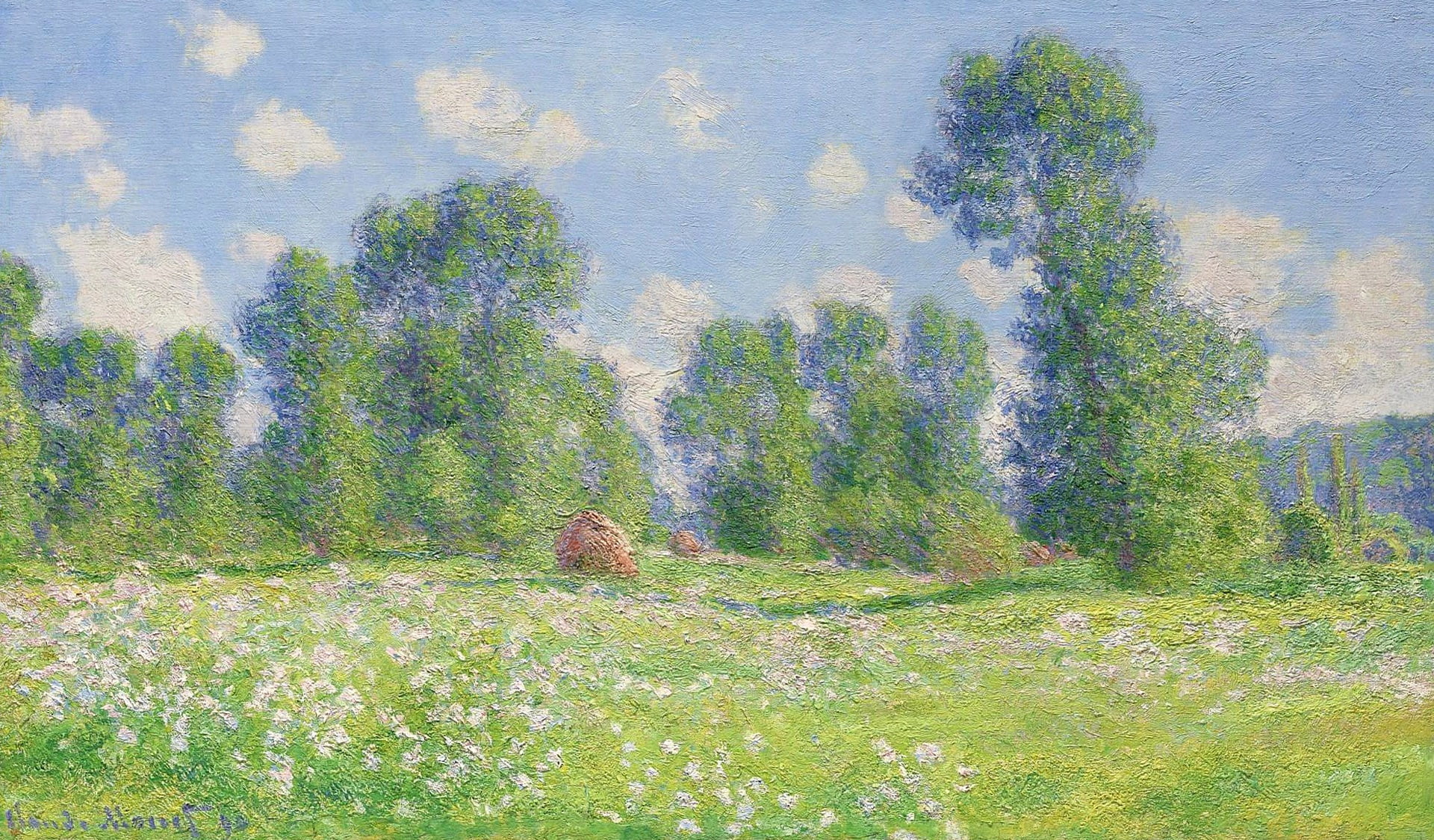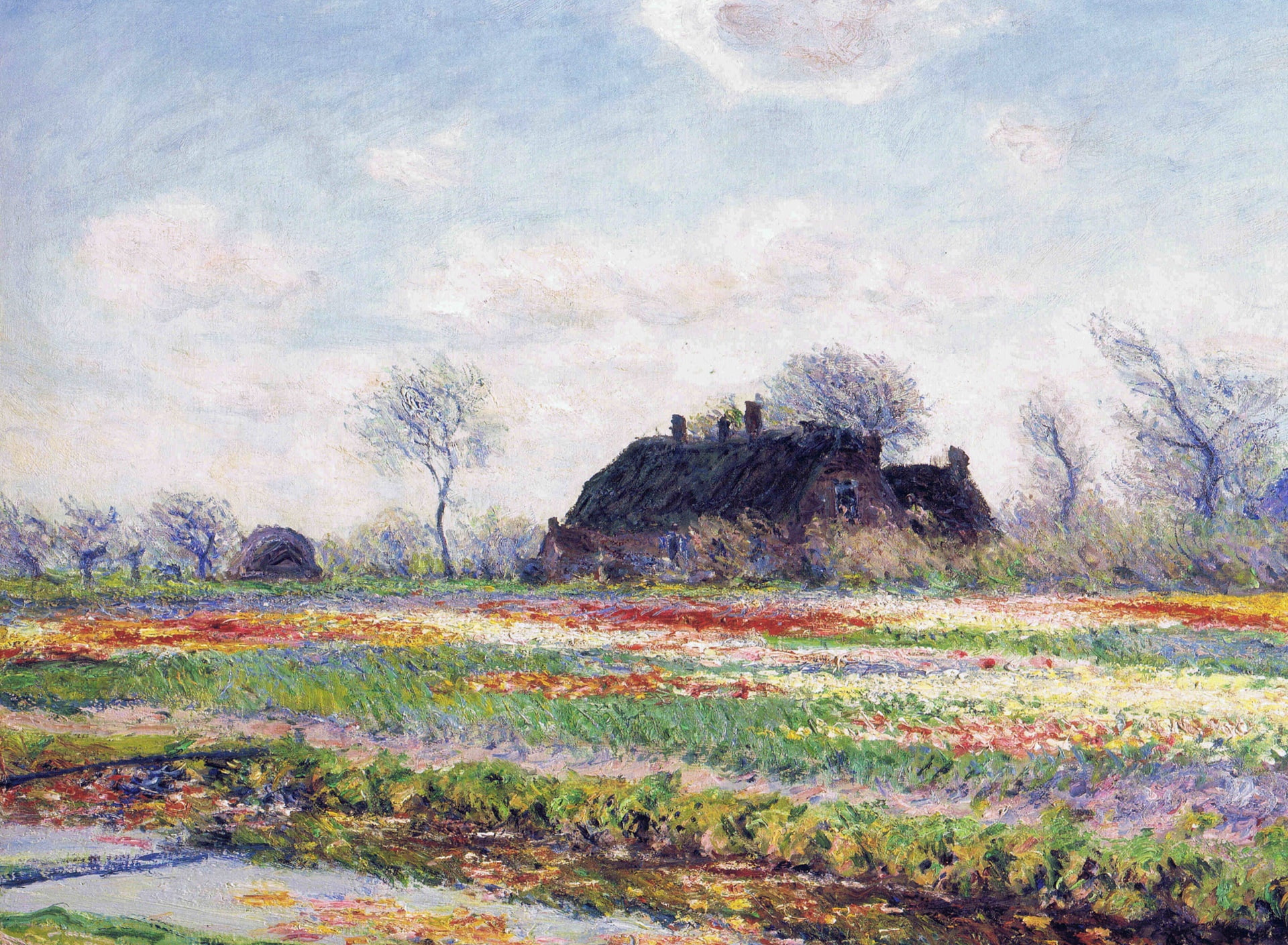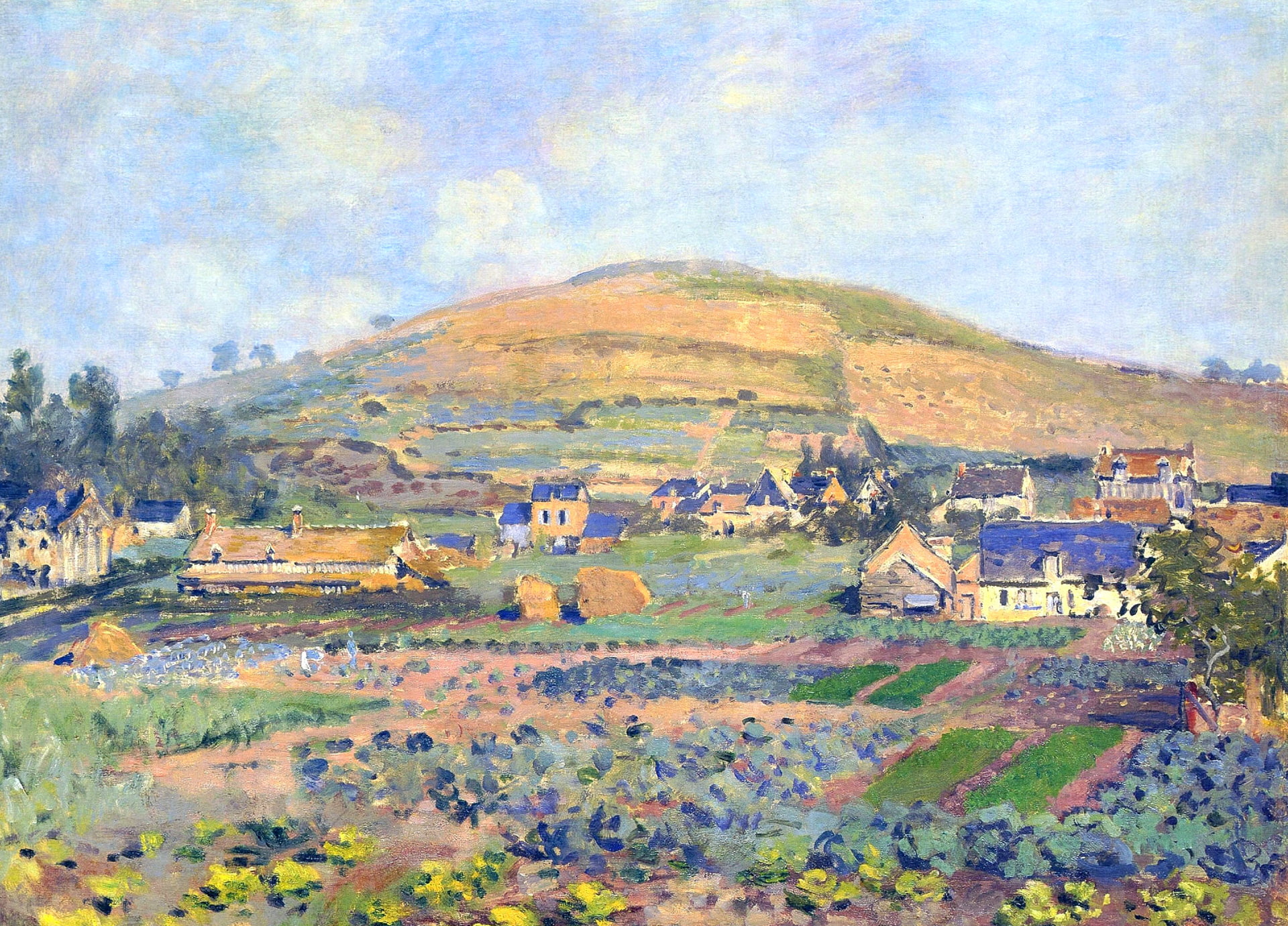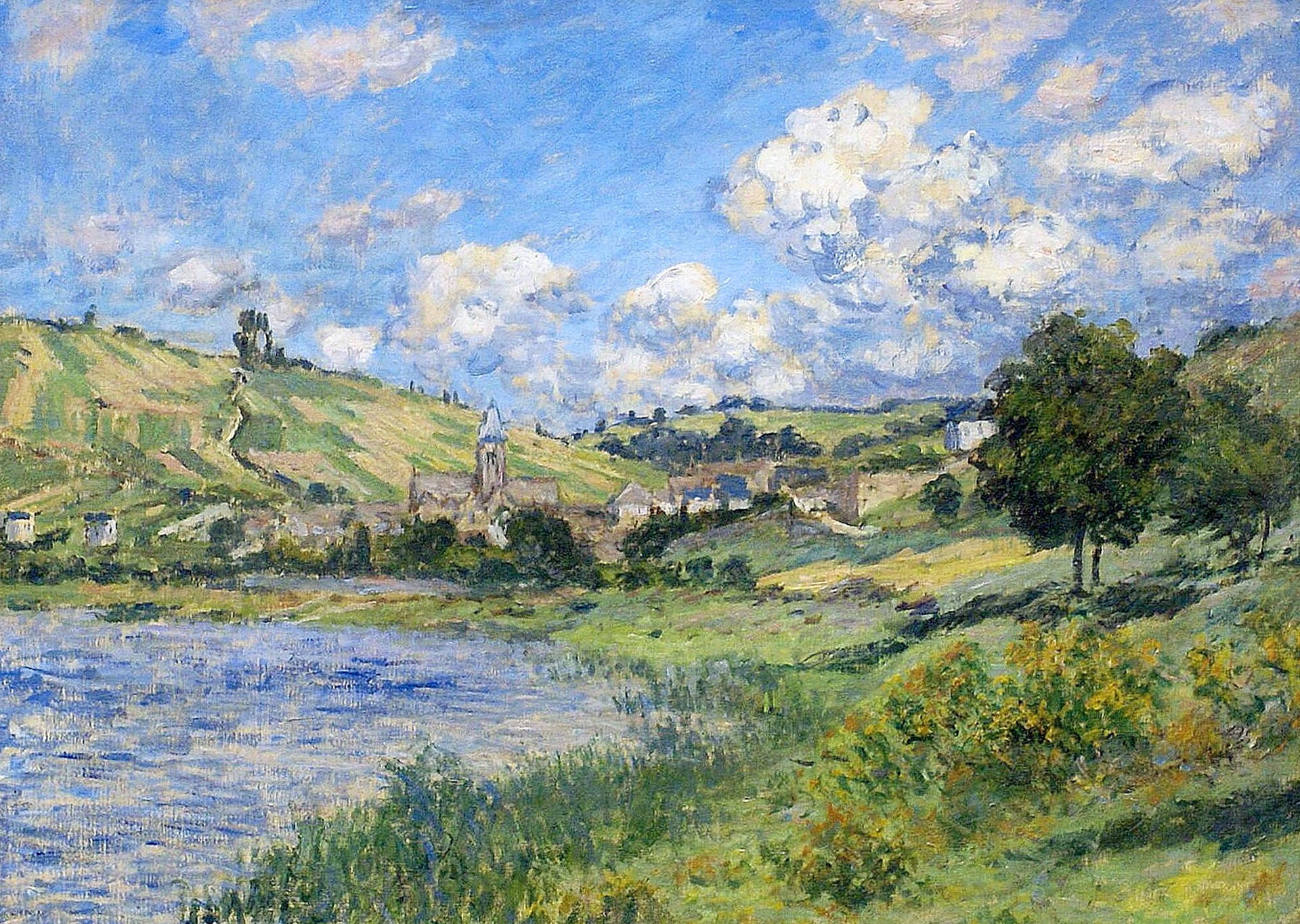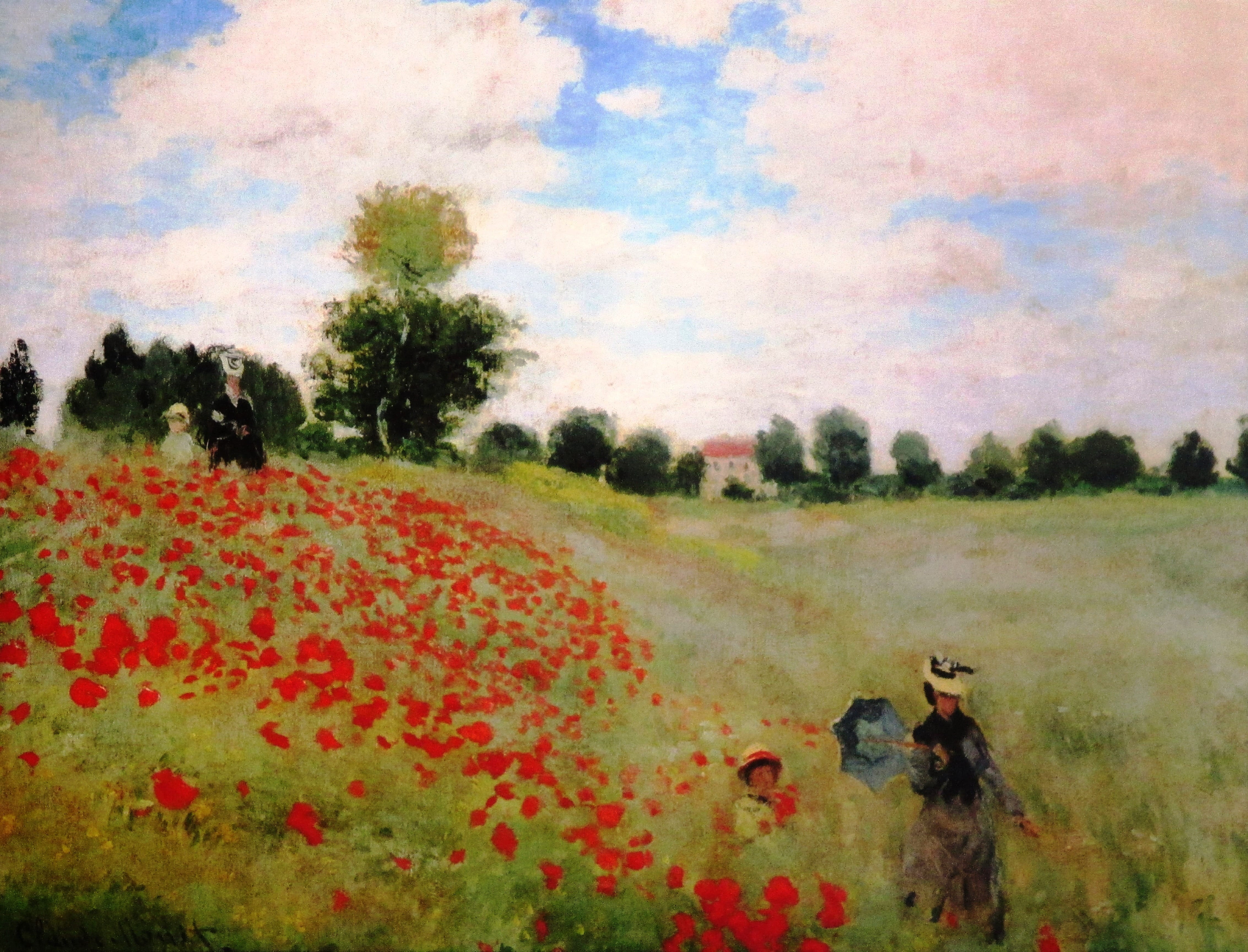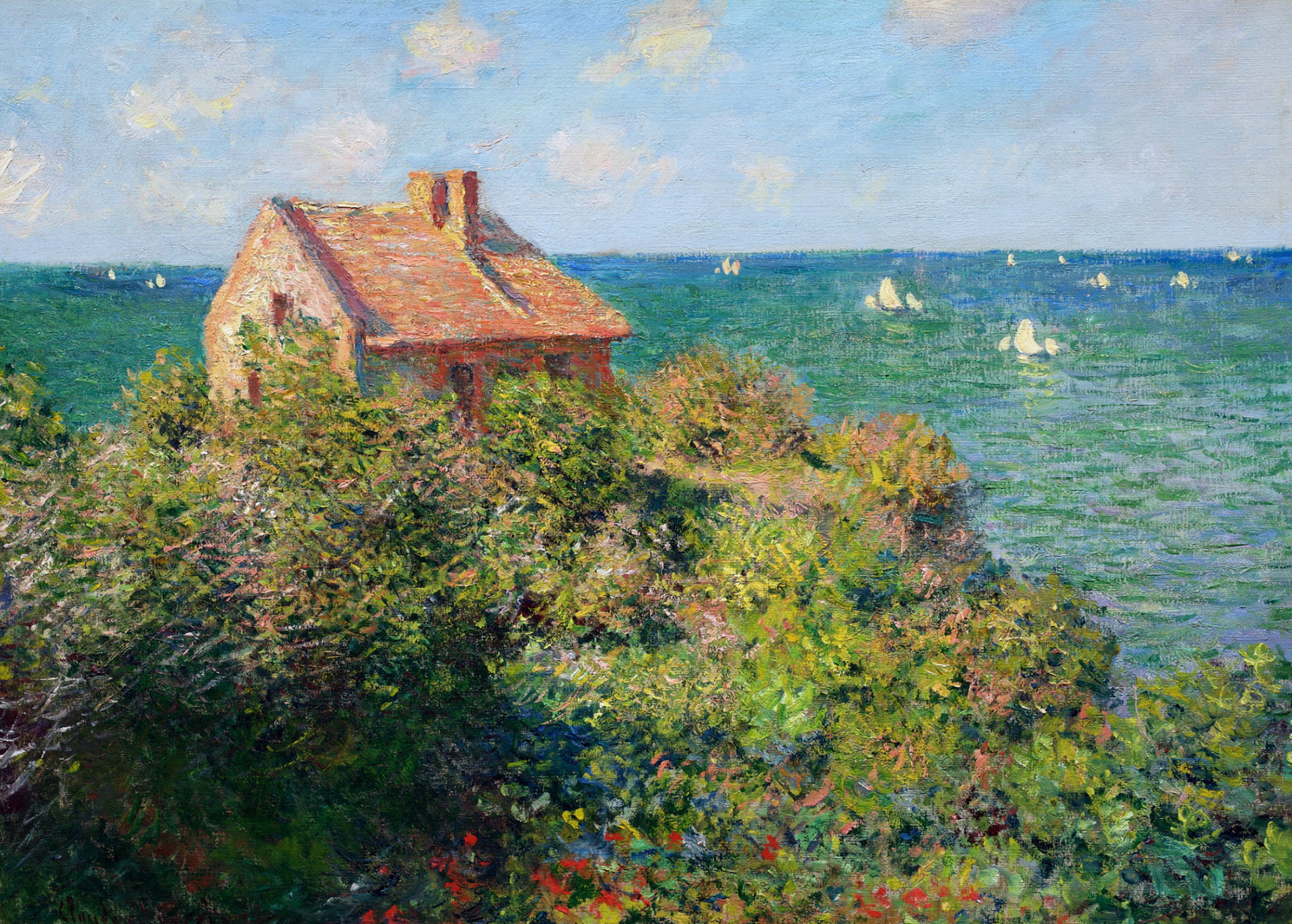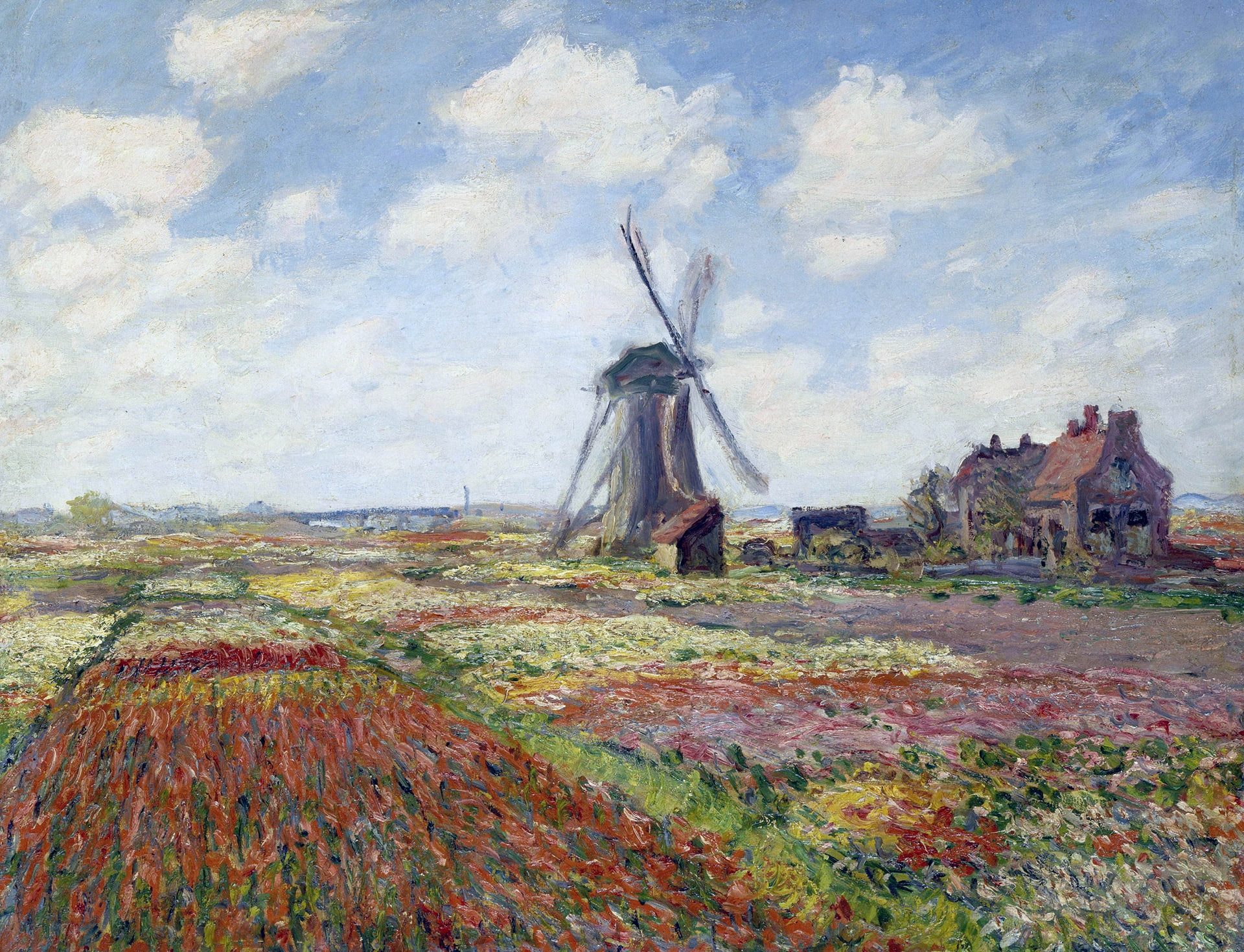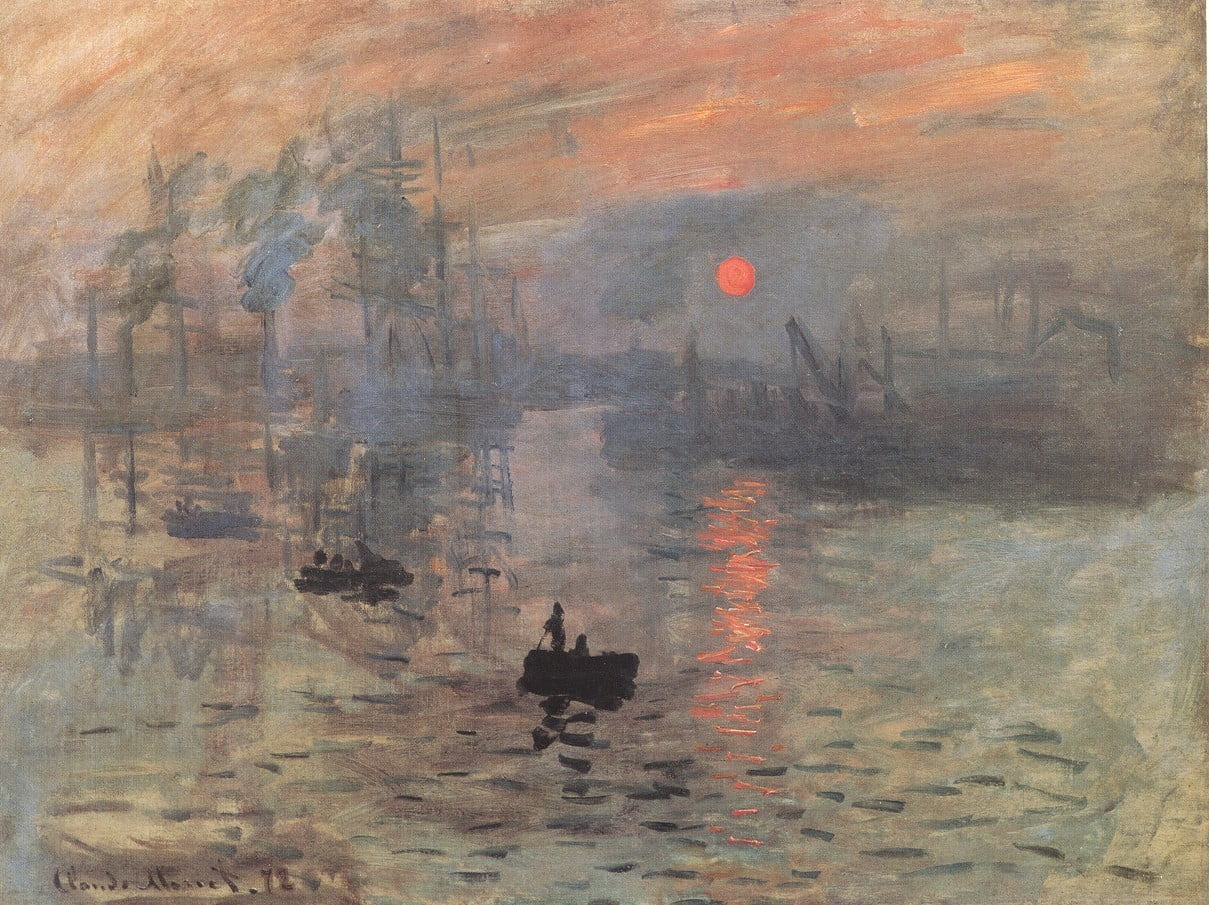slow-moving freight train carved a dull line through the outskirts of the city, its cars
A slow-moving freight train carved a dull line through the outskirts of the city, its cars humming with the memory of faraway industries, and along its fence a band of late-summer wildflowers staged a stubborn little rebellion—cornflower blue, mustard yellow, and a surprising mauve that seemed to have wandered off a watercolor palette. A man in a canvas jacket came each evening with a thermos and a folding stool to watch the light flatten across the tracks; he read from different books as if letting sentences mingle with the distant metallic lullaby, and sometimes he spoke aloud to no one in particular, offering fragments of poetry like breadcrumbs to passing dogs. Teenagers had turned an abandoned loading dock into a practice stage: one played a battered saxophone that made the air taste smoky, another beat rhythms on overturned crates, and others worked on a mural that grew night by night—faces, hands, impossible birds—each layer a conversation painted in haste and intention. A food truck idled at the corner, its grill throwing up savory steam that braided with the smell of hot tar and cut grass; people queued for sandwiches wrapped in paper and for the brief, human ritual of standing shoulder to shoulder while the city shifted into evening. Near the fence, a boy with a sketchpad tried to capture the exact way the late sun gilded the train cars, and an old woman selling lemonade from a cooler offered him a paper cup, insisting that artists must be hydrated. A stray tabby adopted the area unofficially, weaving between ankles and accepting pats like a diplomat brokered into the community; it slept stretched across a coil of rope like a small, contented authority. Conversations rose and fell in the twilight: an argument about the best route into town, a long, quiet recounting of a grandmother's recipes, an apology that sounded like it might be the start of mending. Above, swifts cleaved the golden air with that nervous urgency only birds in late summer possess, their wings writing short, bright lines across the cooling sky. The mural's newest addition was a pair of hands cupping a sapling, painted with meticulous care that suggested hope wanted to be precise rather than performative. As darkness deepened, lanterns strung along the dock awakened—soft orbs punctuating the space like patient stars—and the saxophone shifted into gentler melodies that folded into the night instead of pushing against it. People lingered longer than necessary, reluctant to re-enter the rooms and obligations that absorbed daylight; the dock's makeshift community hummed with the comfortable static of shared presence. When the train rolled through, it moved like a reminder that the world beyond these small rituals kept turning, indifferent and immense, but the people there had built, around its interruption, a temporary harbor: a stitched-together patch of human attention where stories were traded as readily as sandwiches, where art and music and lemonades were currency, and where, for an hour or two, the city allowed strangers to be collaborators in something quietly alive.



